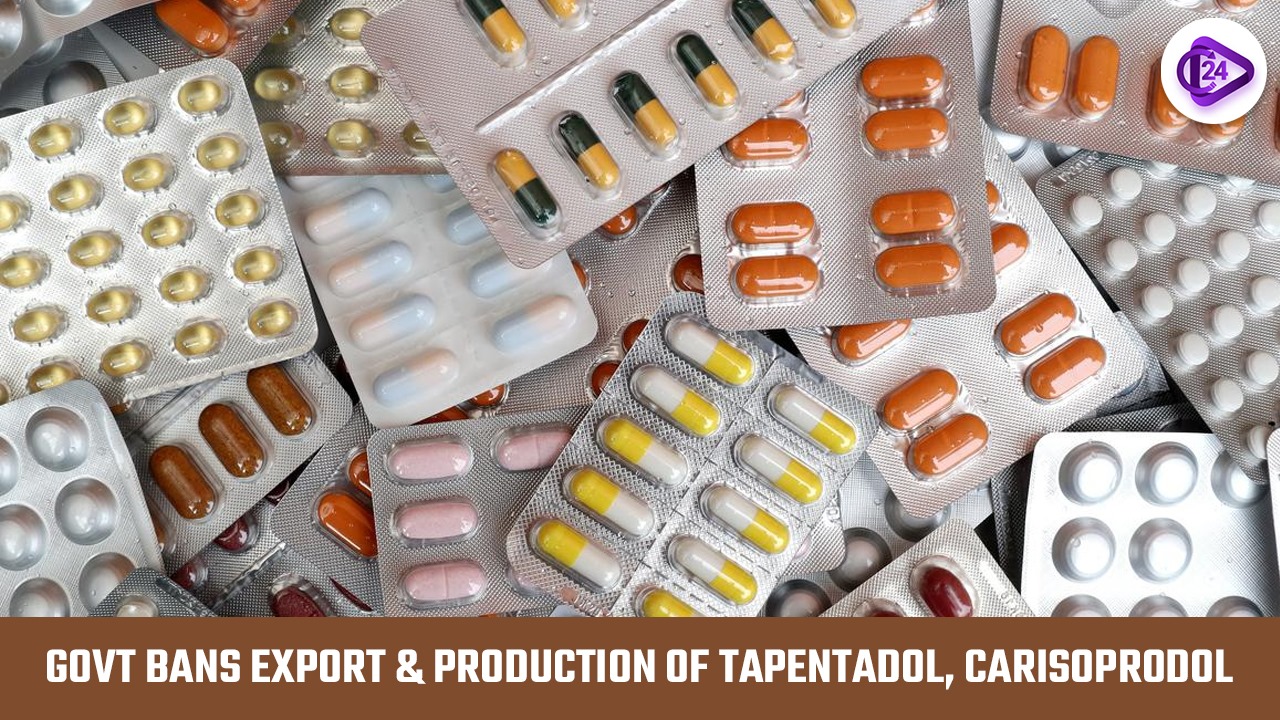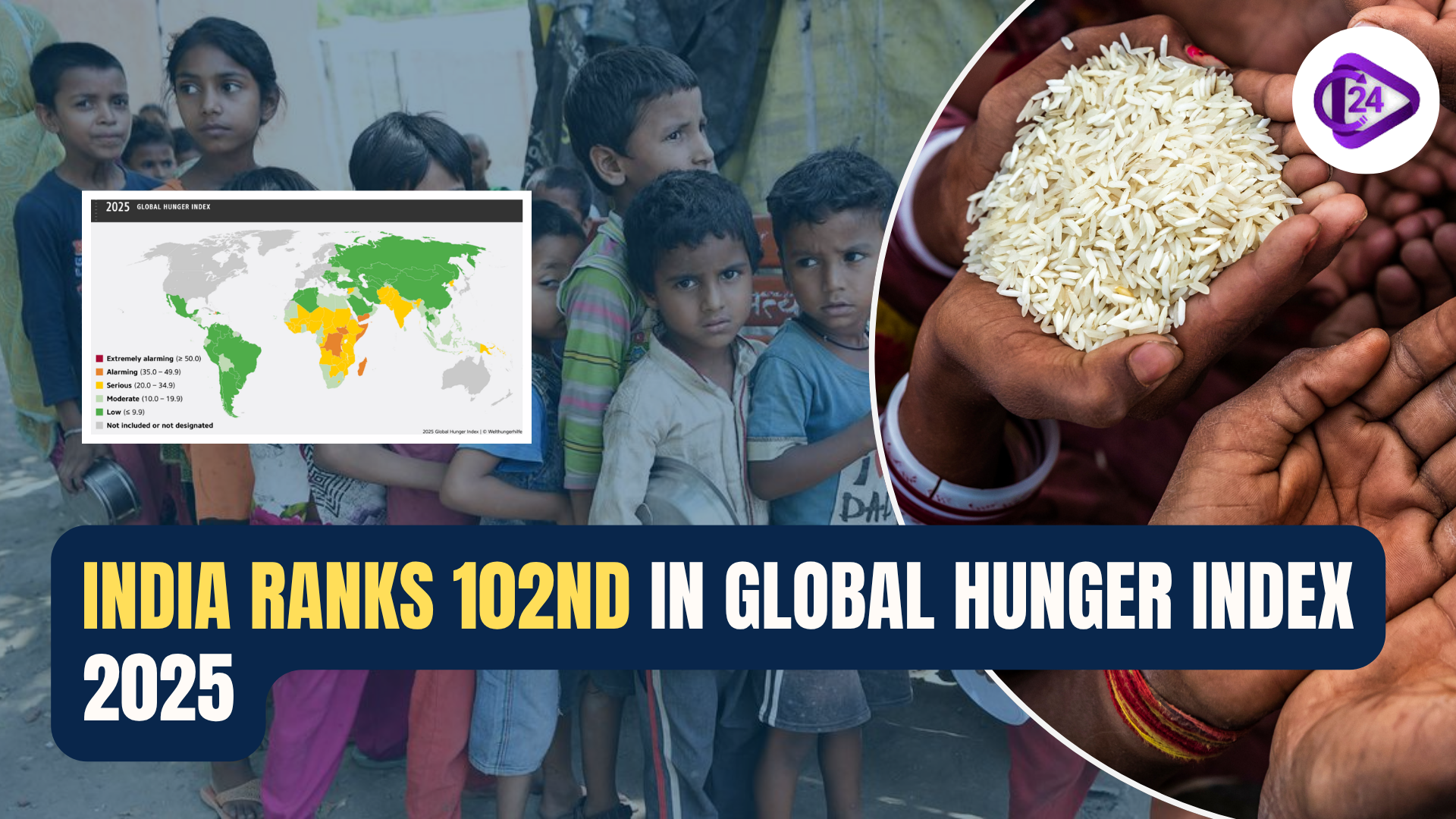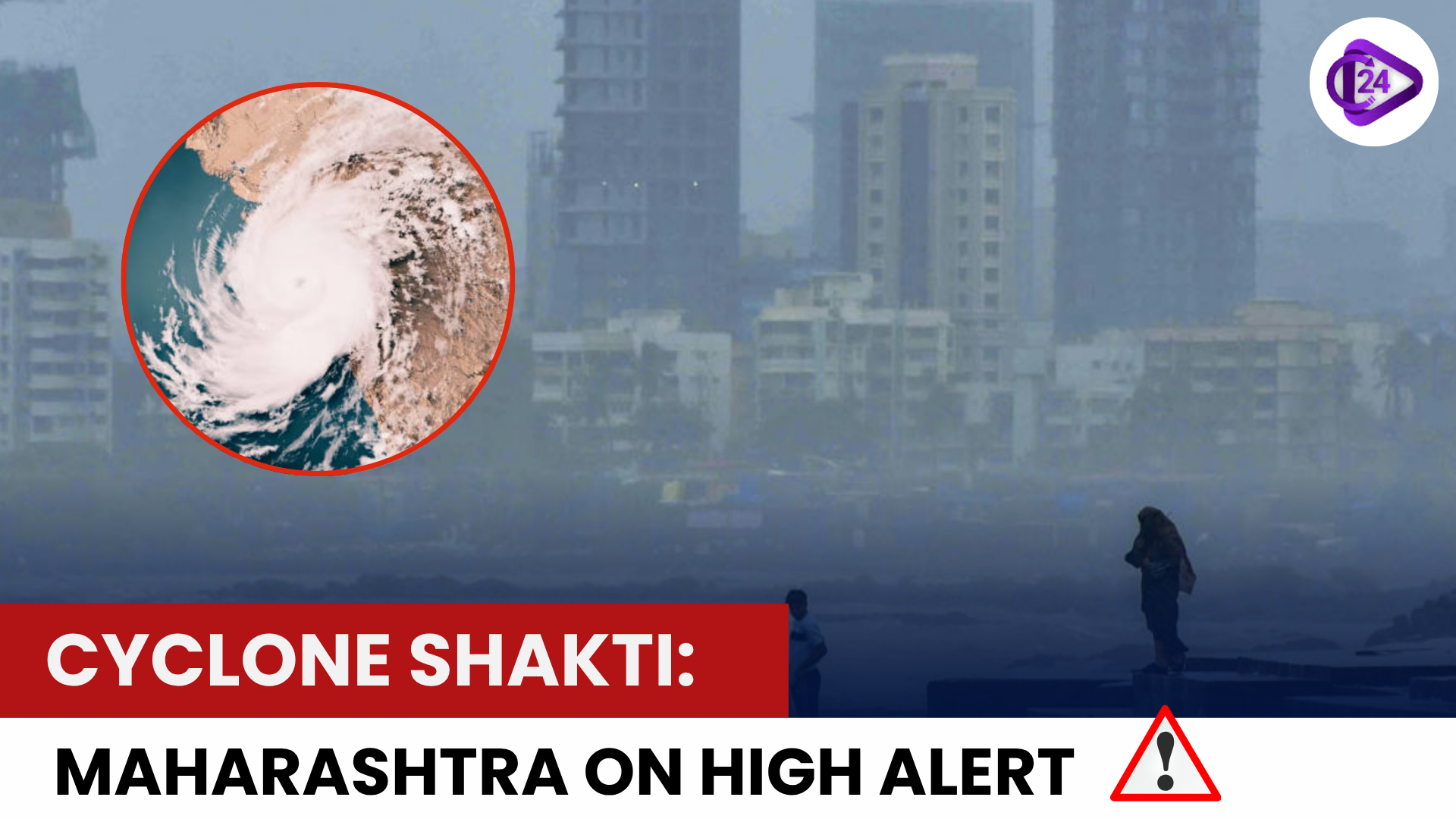
The regulatory authorities in India banned the manufacturing and export of all combination drugs which contain Tapentadol and Carisoprodol due to their links with the opioid crisis in West African countries. The combined investigation of the Central Drugs Standard Control Organisation (CDSCO) with state regulators resulted in large drug seizures and Aveo Pharmaceuticals, Mumbai received a Stop Activity Order. Regulatory authorities implemented serious measures that entailed license revocation for manufacturing and export together with enhanced export controls and improved compliance requirements. Pharmacological operations and the pharmaceutical industry endorse the recent decision because it prioritizes ethical and legally compliant drug export activities.
Key Points
Background & Reasons for the Ban
-
The exporting of unapproved Tapentadol and Carisoprodol combinations to West Africa developed into a major opioid epidemic.
-
The government took measures to stop wrong applications of Indian pharmaceutical export products.
Regulatory Audit & Findings
-
Drug manufacturing enterprises received risk-based evaluation from CDSCO together with state regulatory bodies.
-
The Mumbai facility of Aveo Pharmaceuticals underwent an audit at their premises from February 21-22 2025.
-
The government implemented a Stop Activity Order as a consequence of the audit which forced the company to cease its operations at every facility.
Seizure of Drugs & Manufacturing Halt
-
The government seized 1.3 crore tablets/capsules together with 26 batches of Active Pharmaceutical Ingredients (APIs).
-
The Maharashtra Food & Drugs Administration compelled Aveo Pharmaceuticals to stop all production activities.
-
The shipment of Tapentadol 125 mg + Carisoprodol 100 mg intended for Ghana remained in suspension at Mumbai Air Cargo after being exported.
Strengthened Regulatory Oversight
-
All rights to export NOCs and manufacture Tapentadol with Carisoprodol combinations were terminated by the government.
-
All incoming drug shipments needed to pass through CDSCO port offices according to new directives issued to customs authorities.
-
CDSCO will make amendments to the Export NOC checklist which will enforce either of these requirements:
-
Approval from India’s regulatory authority (CDSCO), or
-
Establishment of Tapentadol and Carisoprodol production requires a Product Registration Certificate issued by the National Regulatory Agency of the importing country.
Industry & Government Response
-
The pharmaceutical sector backed the new restriction which they defined as an illogical and strange choice.
-
Medical experts confirmed that the drug combination lacks worldwide authorization while small pharma organizations mainly produce it.
-
The government declared it had no tolerance for illicit and immoral drug export practices.
Broader Pharmaceutical Regulatory Measures
-
Drugs manufacturing establishments and testing facilities have undergone risk-based inspections in India starting from December 2022.
-
A total of 905 pharmaceutical companies underwent inspection with officials taking disciplinary measures against 694 cases that involved Stop Production Orders (SPO) and license suspensions/cancellations together with Warning letters and Show-Cause notices.
-
Stop Production Orders (SPO)
-
License suspensions/cancellations
-
Warning letters and show-cause notices
-
-
The implemented measures produced better compliance outcomes and built up stronger regulations for pharmaceuticals in India.
Conclusion
As a major player in pharmaceutical exports India maintains strategic commitment to maintaining drug safety while upholding regulatory standards. The implemented ban on unapproved drug mixtures and stricter export rules work together to fight misapplication of pharmaceutical products while safeguarding India's position as a trusted international pharmaceutical provider. Government authorities plan to oversee pharmaceutical exports to stop recurrences of such events and maintain ethical conducts throughout the sector.



 Harsh Sanghavi Appointed Gujarat Deputy Chief Minister in Major Cabinet Reshuffle
Harsh Sanghavi Appointed Gujarat Deputy Chief Minister in Major Cabinet Reshuffle India Ranks 102nd in Global Hunger Index 2025: Hunger Remains a Serious Challenge
India Ranks 102nd in Global Hunger Index 2025: Hunger Remains a Serious Challenge Kaziranga Director Sonali Ghosh Becomes First Indian to Win IUCN Innovation Award
Kaziranga Director Sonali Ghosh Becomes First Indian to Win IUCN Innovation Award Assam Government Introduces CM-FLIGHT Scheme for Improved Global Career
Assam Government Introduces CM-FLIGHT Scheme for Improved Global Career India’s First Bullet Train to Launch by August 2027, Mumbai–Ahmedabad
India’s First Bullet Train to Launch by August 2027, Mumbai–Ahmedabad Goa Launches Majhe Ghar Housing Regularisation Scheme
Goa Launches Majhe Ghar Housing Regularisation Scheme IUCN Recognizes India’s First Dugong Conservation Reserve in Tamil Nadu
IUCN Recognizes India’s First Dugong Conservation Reserve in Tamil Nadu Cyclone Shakti Brings Heavy Rain Forecast for Mumbai and Konkan Region
Cyclone Shakti Brings Heavy Rain Forecast for Mumbai and Konkan Region Underwater Road Tunnel in Assam
Underwater Road Tunnel in Assam 156th Gandhi Jayanti 2025, History, Significance, Facts, Date, Death
156th Gandhi Jayanti 2025, History, Significance, Facts, Date, Death






